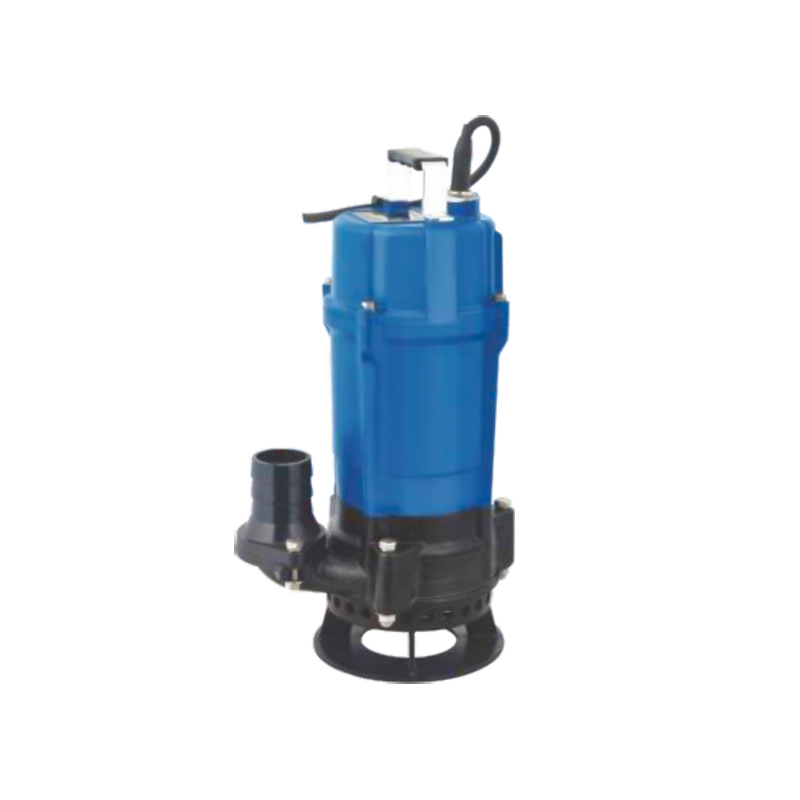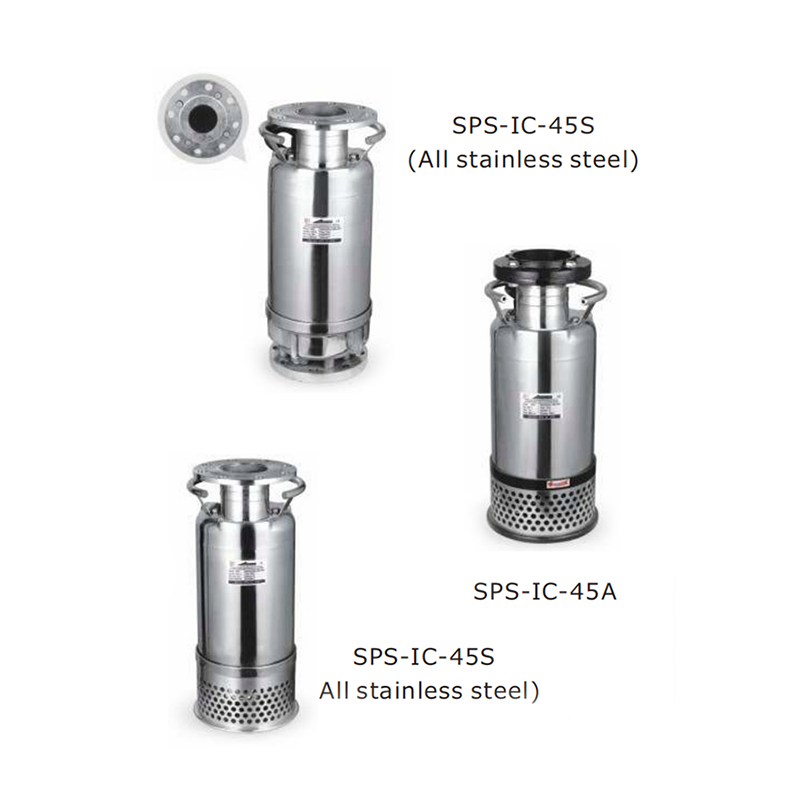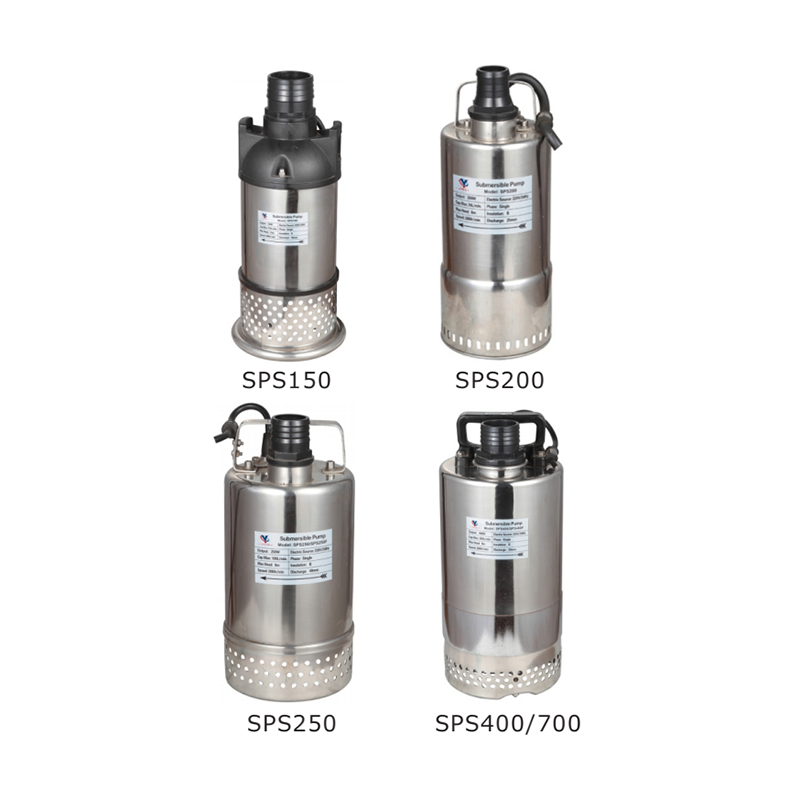In the realm of water management, dewatering pumps have become indispensable tools for various industries and applications. These pumps are designed to remove excess water from areas where it is not wanted, such as construction sites, mines, and flood-prone regions. As the demand for efficient water management solutions continues to grow, dewatering pumps play a crucial role in ensuring safety, maintaining operational efficiency, and protecting the environment.

Key Features and Benefits
High Efficiency: Dewatering pumps are designed to handle large volumes of water quickly and efficiently. This ensures that water is removed promptly, reducing the risk of water damage and operational delays.
Durability: Constructed from high-quality materials, these pumps are built to withstand harsh conditions and prolonged use. They can operate reliably in challenging environments, ensuring consistent performance over time.
Ease of Installation: Their compact size and lightweight design make dewatering pumps easy to install and maneuver. This is particularly advantageous in tight or hard-to-reach areas, where traditional pumps may be difficult to deploy.
Challenges and Limitations
Maintenance Requirements: Regular maintenance is crucial to ensure the ideal performance and longevity of these pumps. This includes cleaning the pump to remove debris and checking for wear and tear. Neglecting maintenance can cause pump failure and costly repairs.
Clogging Risks: While dewatering pumps are designed to handle solid waste, they can still become clogged if large or fibrous materials enter the system. This can cause reduced efficiency and potential pump damage.
Environmental Impact: The operation of dewatering pumps requires energy, contributing to their overall environmental footprint. Additionally, improper maintenance can cause leaks and spills, which can have negative environmental impacts.
Applications in Various Industries
Construction Industry: Dewatering pumps are indispensable on construction sites, where they help remove water from excavations, trenches, and basements. This ensures that construction activities can proceed without delays caused by water accumulation. For example, during the excavation phase of a building project, dewatering pumps can prevent water from seeping into the foundation, ensuring a dry and stable working environment.
Mining Industry: In mining operations, these pumps are used to remove water from mines and quarries, ensuring safe and efficient extraction processes. They help maintain dry working conditions, which are crucial for the stability of mine structures and the safety of workers. For instance, in underground mines, dewatering pumps can prevent water from flooding the mine shafts, ensuring continuous mining operations.
Flood Control and Emergency Response: During heavy rainfall and flooding events, dewatering pumps are deployed to remove water from flooded areas, protecting lives and property. They are also used in emergency response scenarios to provide temporary water removal solutions, ensuring that critical infrastructure remains safe and operational. For example, during a flash flood, dewatering pumps can be used to quickly remove water from basements and low-lying areas to prevent structural damage and protect valuable assets.
Conclusion
Dewatering pumps are a vital component in modern water management, offering efficient and reliable solutions for removing excess water in various applications. Their high efficiency, durability, and ease of installation make them ideal for use in construction, mining, flood control, and emergency response scenarios. However, these pumps also come with challenges, including maintenance requirements and clogging risks.



 English
English русский
русский عربى
عربى







